Mental Health in Graduate School
AUTHOR: Lisa Dyce
Mental health concerns in graduate school are a common yet serious problem. Keep reading to learn more about the resources and services available to you as a student at McMaster.
Graduate school is an exciting time of discovery, self-directed learning, and professional development. It’s a time when students transform into the researchers of tomorrow, bringing with them knowledge, experience, and innovative solutions to today’s problems.
For many, graduate school can also be a stressful experience. It can be challenging to balance and meet the demands of research and writing, attending conferences, teaching, and extracurricular activities while maintaining personal relationships, financial stability, and a healthy lifestyle. These challenges can even take their toll on students without preexisting mental health concerns, leaving students overwhelmed, burnt out, and feeling alone in their struggles (enter the infamous ‘Imposter Syndrome’). In fact, a global survey of 2279 students from 234 institutions across 26 countries – 40% of whom were in biological and physical sciences and engineering – revealed a serious problem with mental health in academia (Evans, Bira, Gastelum, Weiss & Vanderford, 2018). The study, published in Nature Biotechnology in March 2018, found that anxiety and depression are over six times more prevalent in the graduate student versus general population, with 41% of respondents showing moderate to severe anxiety and 39% moderate to severe depression. These rates increase for students who self-report less supportive working relationships with supervisors and poor work-life balance (Evans et al., 2018).
When feeling overwhelmed, it can be difficult to know who to talk to and about what; therefore, we’ve put together a list of resources and supports available to you as a graduate student at McMaster in hopes that you’ll find a good fit for your needs (even if you don’t know what they are yet!).
Disclaimer: This list is far from exhaustive! If you’re curious about your other options, check out a more complete list resources recommended by the Student Wellness Centre here.
On-campus resources available to graduate students at McMaster:
These services are helpful when you’re in need of in-person support and/or if you would like to chat with a professional about the care options available to you as a graduate student.
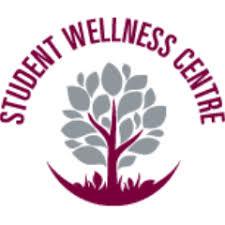
Student Wellness Centre (SWC): The SWC, located in the basement of the McMaster University Student Centre (MUSC B101), offers health services to all students at McMaster. The professionals at the SWC work as a team to provide you with a variety of care options, such as psychiatric assessments, wellness skills groups, and individual counseling, to help you cope and succeed through the stresses of graduate school. To access counseling, you can visit the SWC for a 15- to 20-minute consultation appointment. During your consultation, you can explore support options and decide the next best steps for your care with a mental health professional. The SWC is most easily accessed from the elevators in the atrium of MUSC, right next to the COMPASS service desk (head left once you exit the elevators or staircase on the basement level)
Student Wellness Education Lower Lounge (SWELL): The SWELL is also located in the McMaster University Student Centre basement (MUSC B118) across from Underground Printing. It is an open and safe space for students to relax, pick up wellness resources, study, and hang out with like-minded peers. SWELL staff and Wellness Outreach volunteers also provide on-campus resources, programs, and services to educate students on topics such as mental health, suicide alertness, and responsible substance use. The space is cozy and welcoming, and the (free!) tea is hot and delicious!
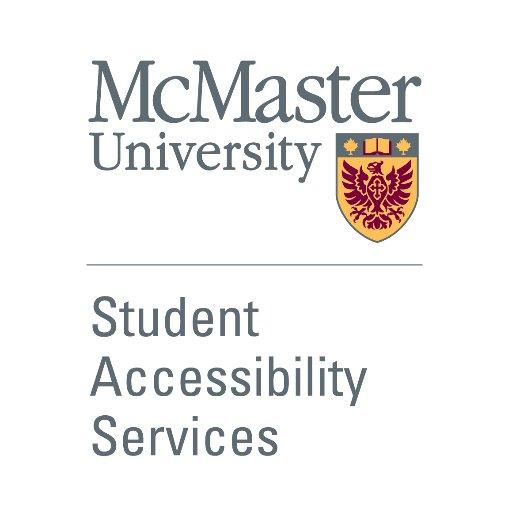
Student Accessibility Services (SAS): If you are experiencing difficulties in meeting the demands of graduate school due to your mental health or disability, you are encouraged to contact SAS to explore possible accommodations and supports to ensure your continued success. It is important to note that at no time are you required to provide documentation or disclosure to the faculty, your supervisor, or any course instructors with whom you may be working: SAS will act as this liaison to ensure that your mental health and/or disability are kept confidential while implementing any necessary accommodations. Sandra works closely with SAS on our program side to ensure all students are provided with the supports they need for experiencing a positive and accessible learning environment. To learn more about SAS or book an appointment with a Coordinator, please check out https://sas.mcmaster.ca/.
.
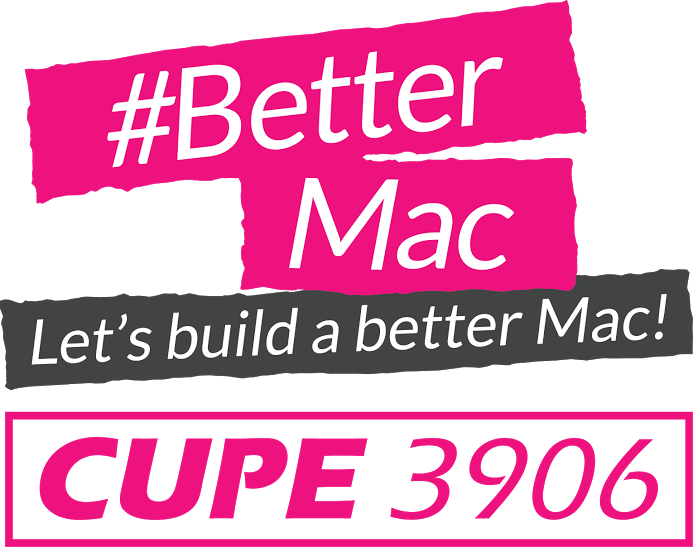
McMaster’s Employee Family Assistance Program (EFAP): As a Teaching Assistant or Research Assistant in lieu (CUPE Unit 1 member), you have access to McMaster’s EFAP which offers services through Homewood Health. CUPE Unit 1 members are eligible for in-person counseling. Members can also call Homewood Health’s 24/7 help line (1-800-663-1142), or login to the member website for interactive tools, health and wellness assessments, and general information about health and work-life balance. To learn more about your benefits, please see CUPE’s website or visit McMaster’s EFAP website.
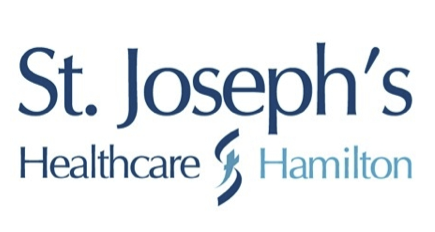
St. Joseph’s Healthcare Hamilton’s Youth Wellness Centre (YWC) Mobile Team: The YWC is a safe self-referral service for young adults ages 17 - 25. The Mobile Team, in collaboration with the SWC, provides services to McMaster students who are experiencing significant barriers to accessing supports for substance use, mental health, and challenges around sexual and gender identify. Please visit the SWC in MUSC B101 for more information.
Hotlines and mobile applications available to graduate students at McMaster:
Looking for remote support or support outside of regular business hours? Check out these local hotlines and mobile applications recommended for students at McMaster.
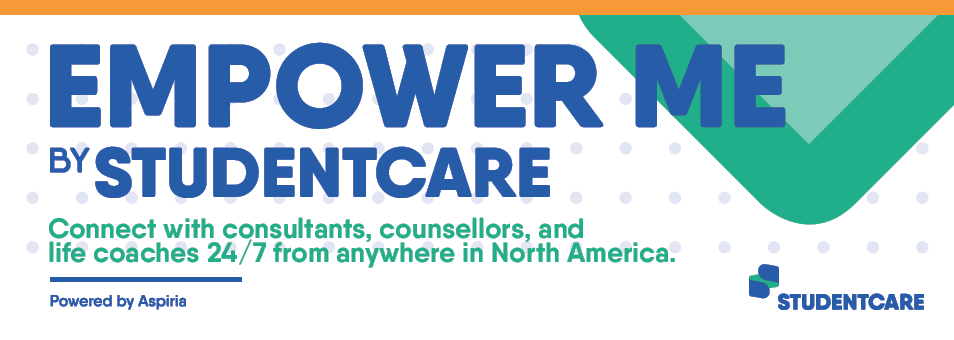
Empower Me: Empower Me provides free and accessible counselling services to empower post-secondary students and provides support for concerns surrounding anxiety, career development, substance use, trauma, nutrition, and more! Call 1-844-741-6389 for more information about the services eligible to you as a McMaster Graduate Student, or login to their online platform or mobile application iAspiria using the password “Studentcare”.
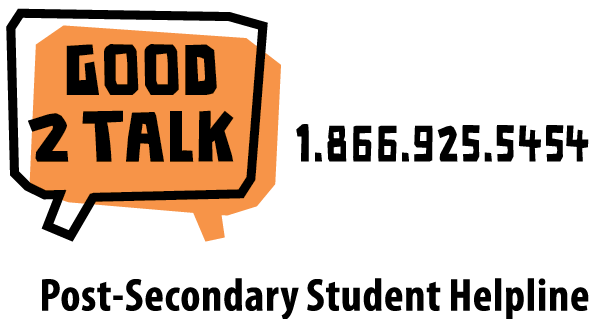
Good2Talk: Good2Talk is a free, confidential helpline that provides counselling and referrals for mental health, addictions, and overall well-being to post-secondary students in Ontario 24/7/365. Contact Good2Talk at
1-866-925-5454 or dial 211 and ask to be connected to Good2Talk.

Crisis Outreach and Support Team (COAST): The COAST hotline is answered 24/7 by mental health workers who are prepared to assess and respond to the needs of Hamilton residents experiencing a mental health crisis. Their experienced mobile team of a mental health worker and a police officer will respond to crisis calls between 8:00am and 1:00am as needed. To call COAST, dial 905-972-8338.

WellTrack: The WellTrack application is a self-help interactive therapy tool that you can access at your fingertips anytime, anywhere! The application prompts you to complete “Mood Checks” to track your mood throughout the day. This data can be securely stored and shared with a counselor as part of your routine care. Guided therapies for stress, anxiety, and depression as well as general relaxation techniques are also included. Interested in accessing this service? Download the application for Apple or Android and sign up for a free account using your @mcmaster.ca email address!